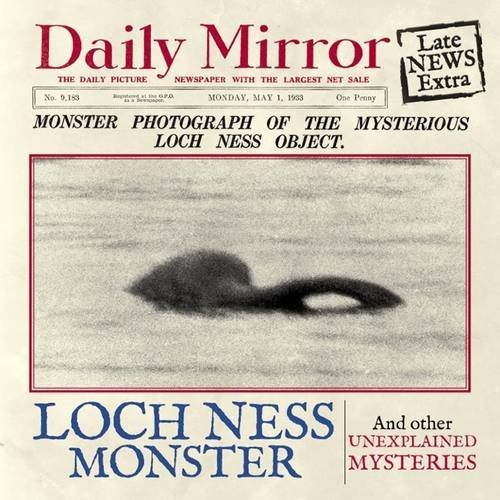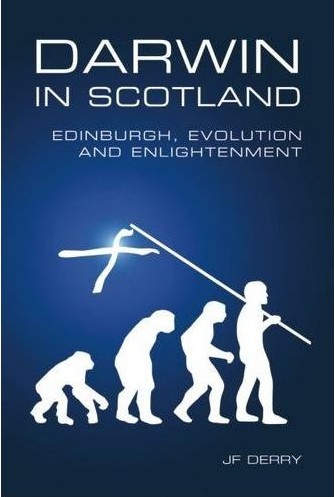This is a guest post I wrote for that bastion of common sense, The 21st Floor. The response left in the comments to the post has been largely positive, except for when the commenter has misunderstood my point, preferring instead to concentrate on the more vitriolic elements of this case. The debate is ongoing and it would be best to keep all of the commentary in one place, that is why the comments section is turned off here for this post, but please do make you way over to the original post and put your comment there. A copy of that post follows here.














Pingback: Wars of the Word | OSQUALITUDE